You want to have a bigger impact in the world, right? It sounds noble. Many of us long to contribute more; to do real good in the world; to foster generative, sustainable systems, especially in such dark times.
But here’s the problem: when we chase bigger impact, we often end up applying and reinforcing the current system’s broken logic to social change. We end up recreating the same toxicity that got us here in the first place.
Under capitalism, we are trained to believe that everything can and should be quantified. We may even want to believe that we receive a little “impact” score that reveals something meaningful about us. But we don’t. And when we try to quantify things in this way, we fail to understand them in their full power and complexity.
Our world is impossibly mysterious. It is volatile, uncertain, complex, and ambiguous. In such a world, we can never truly know the full effects of our actions. What might look small may ripple out in world-changing ways we can’t comprehend or see, even for decades after the fact. What seems huge and meaningful may vanish overnight or have massive, unintended, harmful consequences that undermine the change we seek.
Impact cannot be reduced to numbers or comparisons in the way we might want. The only thing we can actually consistently measure in this arena is something like social clout — likes, followers, recognition, status. But social clout has nothing to do with impact. And it has everything to do with winning some imaginary competition that validates our existence in some way.
Here’s the thing: Doing good in the world is NOT about being bigger, doing more, or proving ourselves. It’s not actually about you or me at all! Let me say that again: It’s not about you. It’s not about me. It’s about the world at large. It’s about aligning to that world from a place of integrity, compassion, and purpose.
So maybe the question is not: How do I have a bigger impact?
Maybe it’s something more like: Is my life’s work (at whatever scale) an expression of goodness? Am I in integrity? Am I in a genuine positive exchange with the world around me?
These are simple yes-or-no questions. There’s no measurement. There’s no score. There’s no grade. There’s no award – other than just feeling good and knowing you’ve contributed something meaningful to a world in need.
If it feels good through and through, it’s almost certainly doing good in the world. And any amount of doing good is enough.
More articles
-
The Sacred Valley
I was in my late 20s, traveling in Peru for a work conference. Once the conference ended, I took a solo excursion from Lima to the Sacred Valley near the ancient Incan cities of Cusco and Machu Picchu
-
The myth of bigger impact
When we chase bigger impact, we often end up applying and reinforcing the current system’s broken logic to social change. We end up recreating the same toxicity that got us here in the first place.
-
The big lie of social change
One of the big lies among people who want to have a positive impact in the world is that to do good, we kind of have to feel bad. We […]
-
If it doesn’t feel good, it doesn’t do good
One of the most persistent myths in the world of social change is that: to do good, you must feel bad. This is not only false—it’s toxic.
-
Running our lives on renewable energy
Not only is it possible to run our life’s work on clean, renewable, internal energy, it is perhaps the most important thing we can do to make a meaningful, nourishing, and truly sustainable contribution over the long haul.


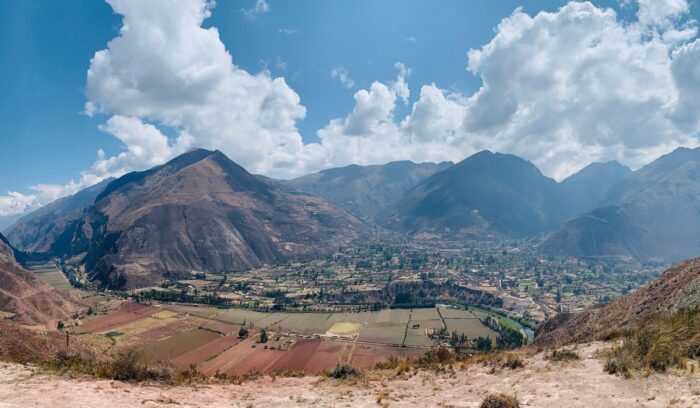

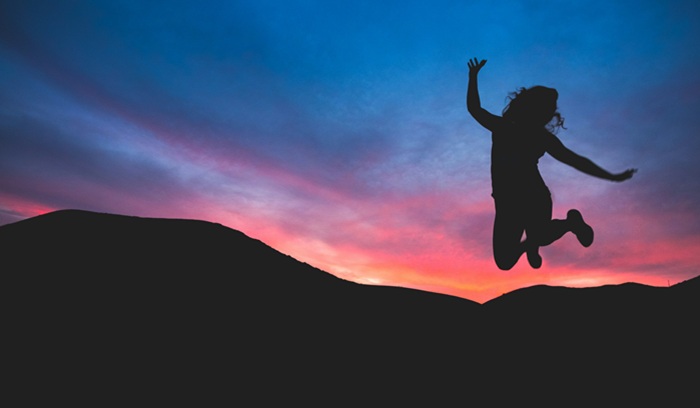
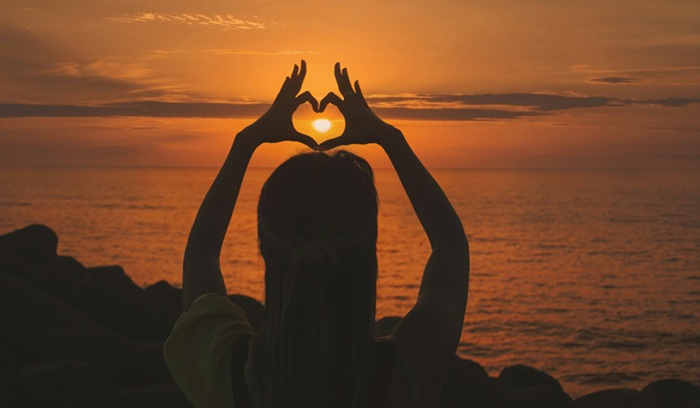

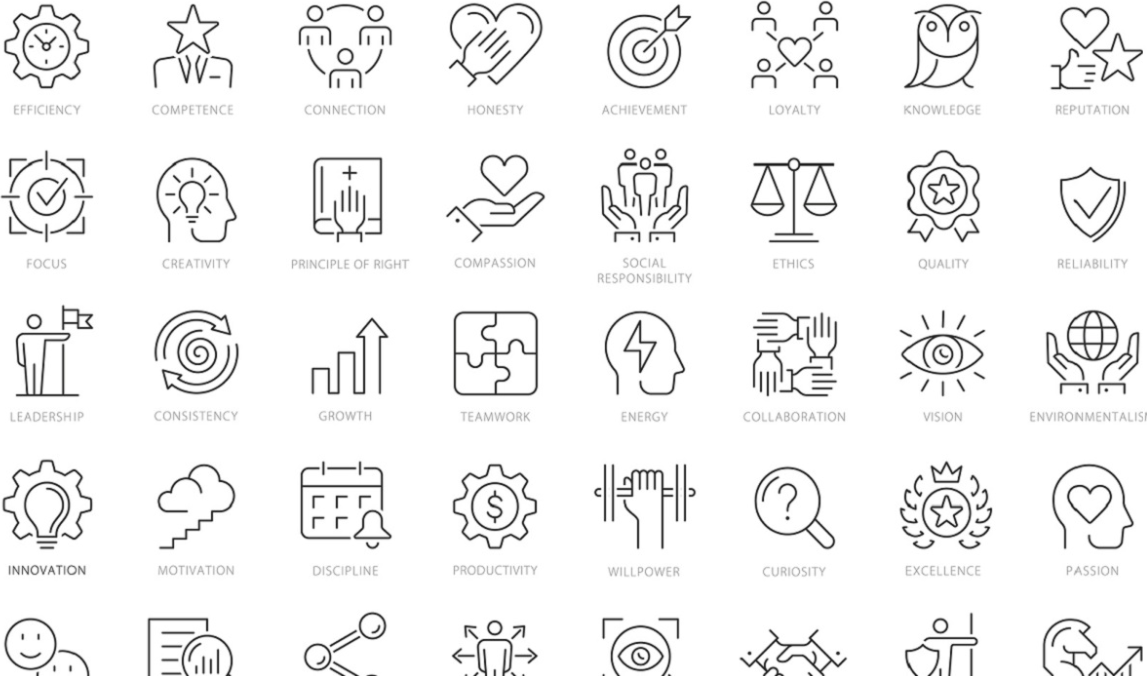
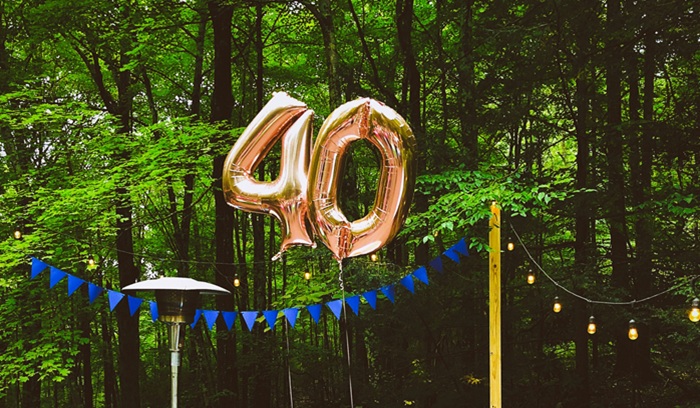
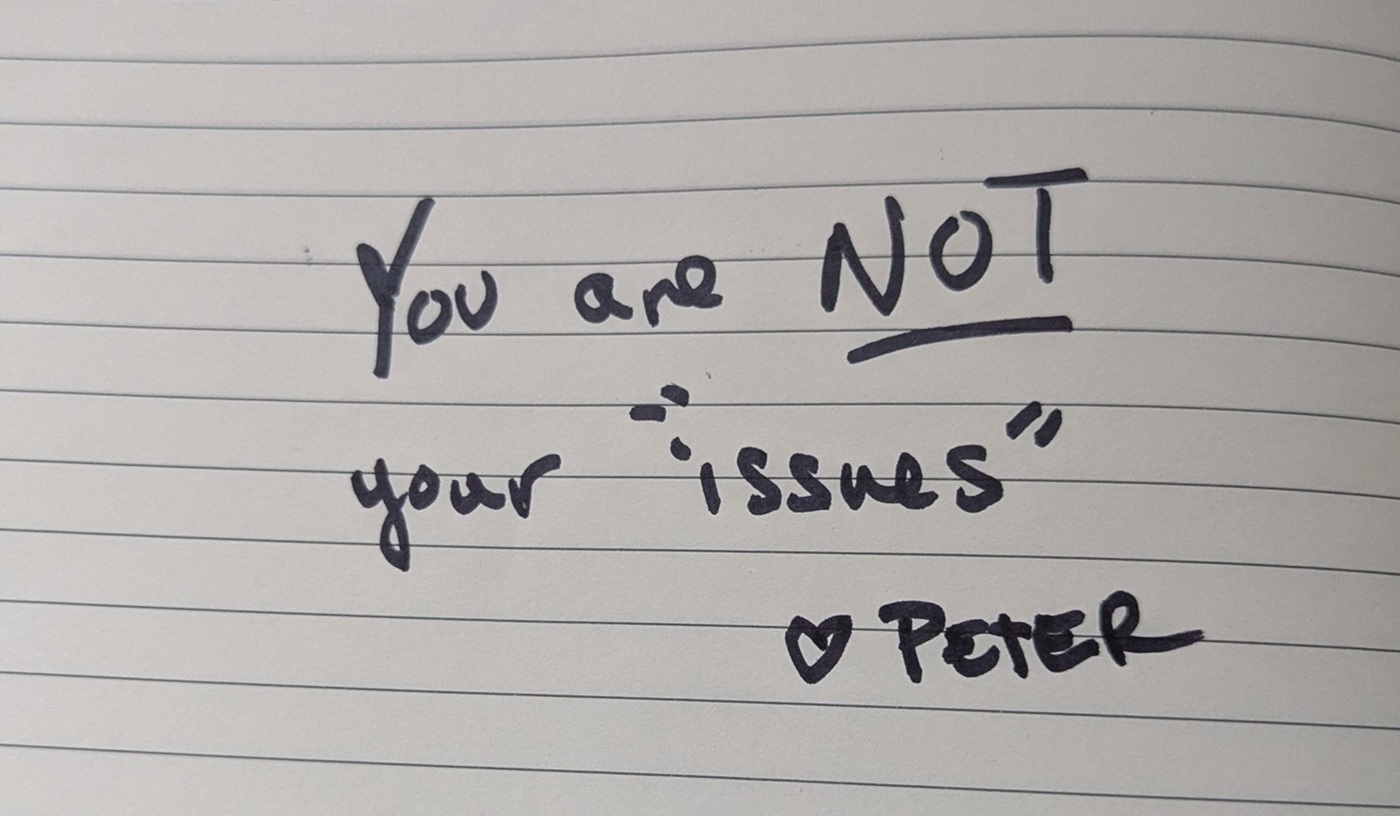
Interesting thoughts on “scaling up”. The only quibble here is how do you define “goodness” and “positive exchange”? Instead perhaps, “am I contributing to the creation of regenerative capacity within larger living systems”? Am I in integrity with my own essence? Good/bad, positive/negative binaries are a significant part of the problem. The question is how do we reconcile, harmonize, and balance these supposed dualities while staying our of judgement?